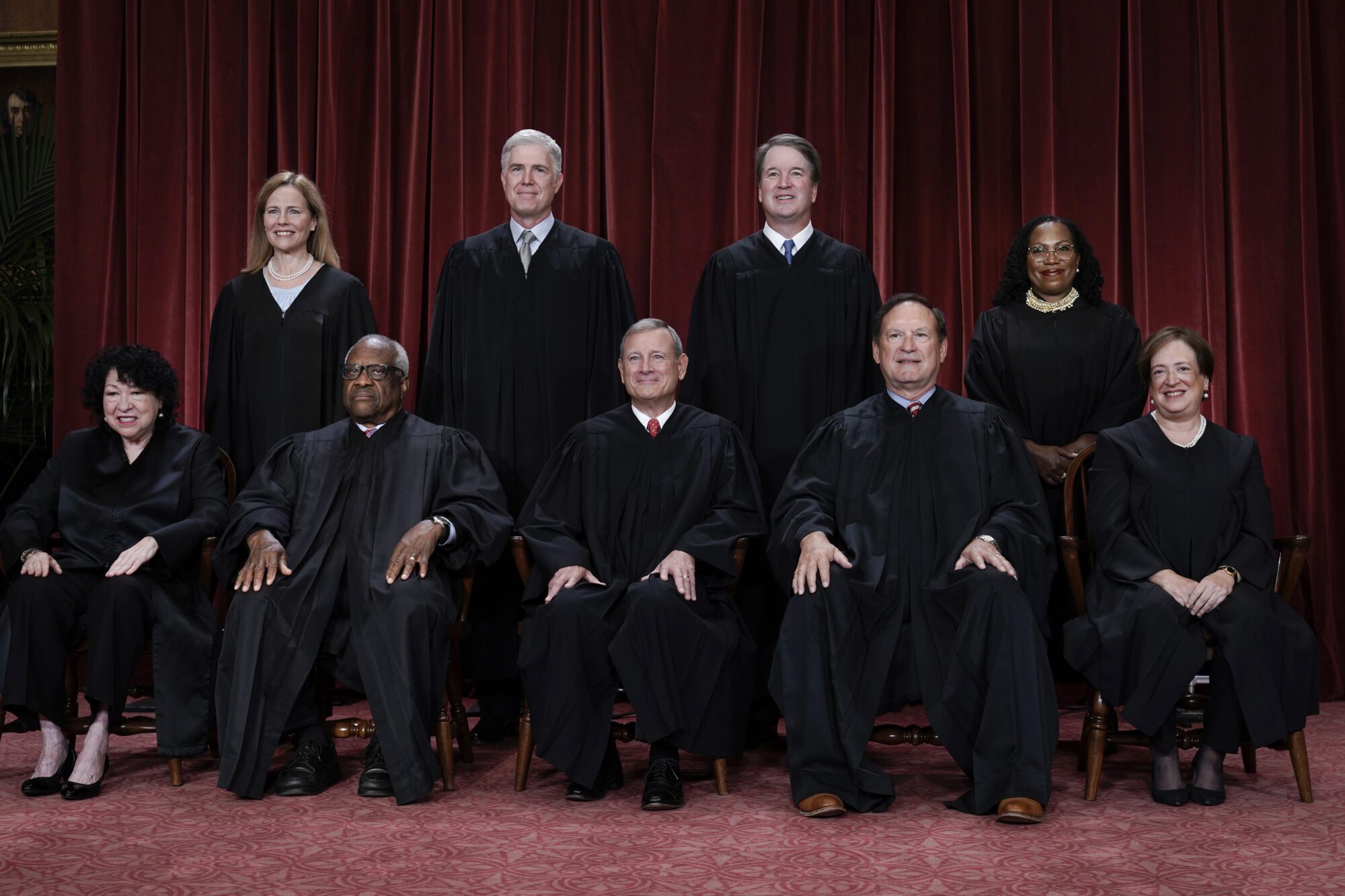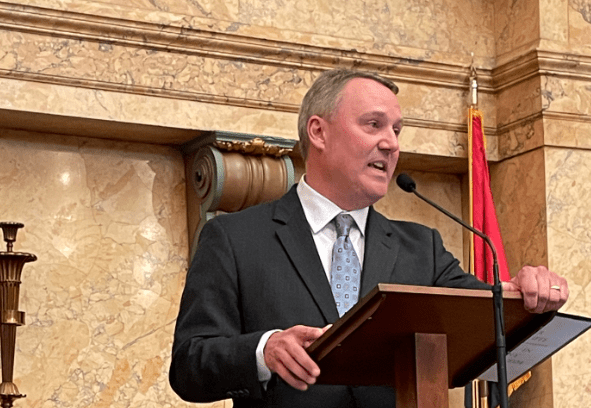Let’s talk straight for a minute.
The Mississippi Adequate Education Program (MAEP) is nothing more than State sanctioned wealth redistribution.
MAEP was passed in 1997 to provide a formula designed to ensure that every Mississippi child receives an “adequate” K12 education in the State’s public schools by collecting your tax dollars and then redistributing them from the Coast to Corinth.
There is no question that MAEP was an attempt at equalization, of making every school district, rich or poor (or should I say tax rich or tax poor), as equally funded as possible through the redistribution of state revenues (your taxes). It can be argued that this was an admirable goal if you equate money with educational success. MAEP, however, fails to set benchmarks for local contributions and high educational success rates to qualify for these dollars.
We must address the shortcomings in MAEP even if some believe it would be political suicide to lead such an effort.
Perhaps a good place to start would be for the State to send the taxes collected within local school districts back to those districts, instead of redistributing the funds to other areas. Local school districts should be allowed to keep their own money while first operating within the means provided by their local community.
If school districts then require subsidizing by the State, the Legislature needs to ensure that the local school district is taxing their residents at a level that is “adequate” to meet a majority of its needs with the goal being to wean it off of being so reliant on the State nickel.
The hard truth will follow that not every small town or little community will be able to have their own school district, nor should it. Those conversations, however, should be had at the local level or by elected representatives based on fiscal realities, not forced on them by a judge in central Mississippi, a notion Initiative 42 proponents have now conceded could happen if the measure passes.
It would not surprise me if parental and taxpayer involvement increased in local schools if more emphasis were placed on funding locally since the bulk of the government involvement would fall on their doorstep instead of the Capitol. Less government entitlement breeds more responsible citizens; you take responsibility for yourself and your family, and you have no one else to blame.
The Legislature should at the very least in the immediate future revise MAEP (while they’re at it, scrap the name) to require a threshold of a local taxation rate – an acceptable local contribution – before allowing state funds to be redistributed to districts while creating performance benchmarks to qualify for State funding.
Show me where you put your money and I’ll show you your priorities. It is obvious where the State’s priority is – it’s in education, especially over the last four years under Republican leadership. Many local communities, however, are lacking such evidence.
It’s convenient to blame the State or mean ole legislators while giving local leaders a pass, both in funding and educational results.
Now I know this a hard pill to swallow and some will attack me for speaking this truth, but if we as a State are truly fed up with being 50th then we need real discussions on funding that centers around the heart of the issue – our local schools, the communities they are in and the families/taxpayers involved, not liberal solutions such as Initiative 42 that replace our elected representatives with trial lawyers who will fight over our tax dollars while being paid by our tax dollars and pit us against each other in the process.
A more powerful judicial branch is not the answer for public education. Insisting on individual community responsibility coupled with operating within the fiscal realities within those communities and expecting a better return on the investment is a step in the right direction.
Yes, there is a less socialistic way to administer public education funding that produces better results and places the impetus on local communities taking ownership of their schools, but we cannot shy away from having those tough conversations that surely must come just because many see MAEP as a sacred cow.







